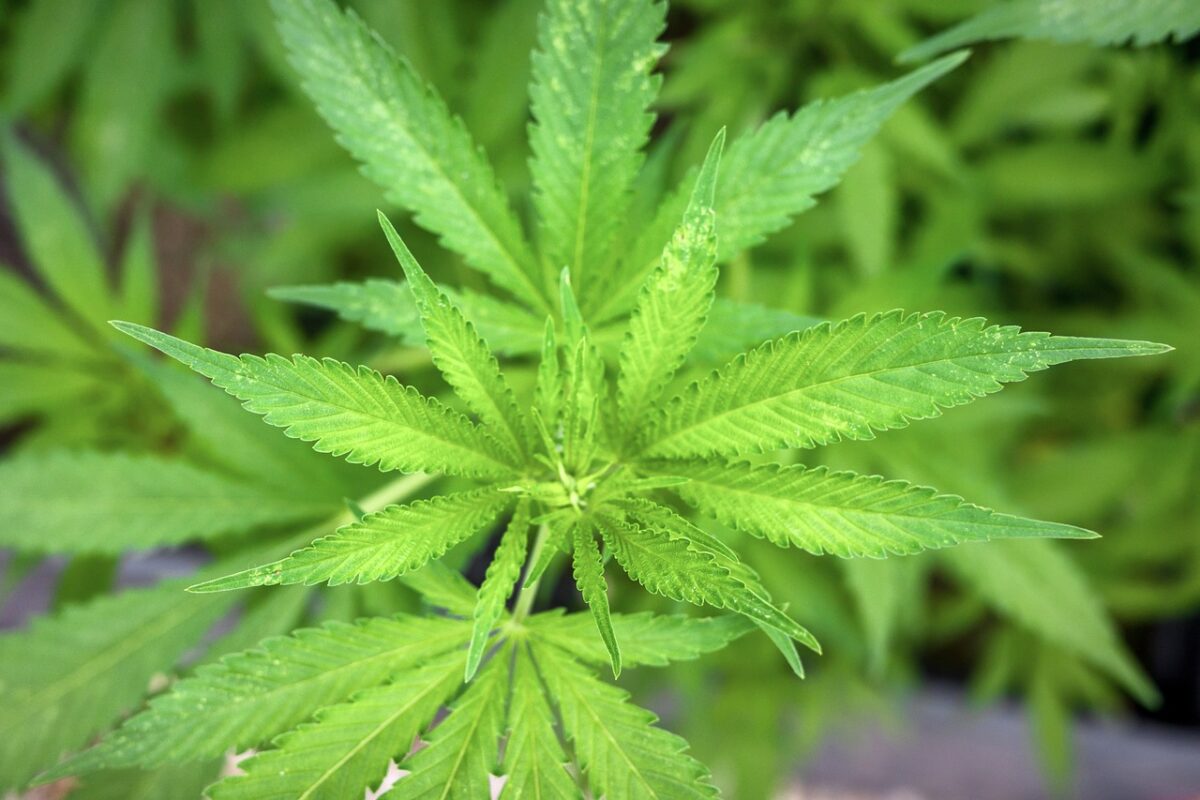-
Table of Contents
The Science Behind THCA Flower: How It Affects the Body
THCA, or tetrahydrocannabinolic acid, is a non-psychoactive cannabinoid found in raw and live cannabis. Unlike THC, THCA does not produce a high when consumed. This article explores the science behind THCA flower and its effects on the human body.
Understanding THCA
THCA is the acidic precursor to THC. When cannabis is heated through smoking, vaping, or cooking, THCA undergoes decarboxylation, converting into THC. This process removes a carboxyl group, transforming THCA into the psychoactive compound THC.
THCA vs. THC
While THC is well-known for its psychoactive properties, THCA does not share this characteristic. This difference is due to the presence of the carboxyl group in THCA, which prevents it from binding effectively to CB1 receptors in the brain.
Health Benefits of THCA
Research into THCA is still in its early stages, but preliminary studies suggest several potential health benefits:
- Anti-inflammatory Properties: THCA has shown promise in reducing inflammation, which could be beneficial for conditions like arthritis and inflammatory bowel disease.
- Neuroprotective Effects: Some studies indicate that THCA may help protect brain cells, potentially offering benefits for neurodegenerative diseases such as Alzheimer’s and Parkinson’s.
- Anti-emetic Properties: THCA may help reduce nausea and vomiting, making it a potential option for patients undergoing chemotherapy.
- Antioxidant Properties: THCA has been found to have antioxidant properties, which can help protect cells from damage caused by free radicals.
How THCA Interacts with the Endocannabinoid System
The endocannabinoid system (ECS) plays a crucial role in maintaining homeostasis in the body. It consists of endocannabinoids, receptors, and enzymes. THCA interacts with the ECS differently than THC.
Binding to Receptors
THCA does not bind directly to CB1 receptors in the brain, which is why it does not produce a high. Instead, it interacts with other receptors, such as TRPV1 and PPARγ, which are involved in pain perception, inflammation, and metabolic processes.
Modulating Enzyme Activity
THCA may also influence the activity of enzymes involved in the breakdown of endocannabinoids. By inhibiting these enzymes, THCA can increase the levels of endocannabinoids, enhancing their effects on the body.
Case Studies and Research
Several studies have explored the potential benefits of THCA:
- Anti-inflammatory Effects: A study published in the British Journal of Pharmacology found that THCA reduced inflammation in animal models of arthritis.
- Neuroprotective Properties: Research published in the journal Phytomedicine demonstrated that THCA protected brain cells from oxidative stress and inflammation in a model of Parkinson’s disease.
- Anti-emetic Effects: A study in the journal Pharmacology Biochemistry and Behavior showed that THCA reduced nausea and vomiting in animal models, suggesting potential benefits for chemotherapy patients.
Consumption Methods
THCA can be consumed in various ways, each offering different benefits:
- Raw Cannabis: Consuming raw cannabis leaves or flowers in smoothies or salads preserves THCA without converting it to THC.
- Tinctures and Oils: THCA tinctures and oils can be taken sublingually for quick absorption.
- Topicals: THCA-infused creams and balms can be applied to the skin for localized relief from pain and inflammation.
Potential Side Effects
While THCA is generally considered safe, some potential side effects may include:
- Dry Mouth: THCA may cause dry mouth in some individuals.
- Low Blood Pressure: THCA could potentially lower blood pressure, leading to dizziness or lightheadedness.
- Drug Interactions: THCA may interact with certain medications, so it is important to consult with a healthcare provider before use.
Conclusion
THCA offers a range of potential health benefits without the psychoactive effects of THC. Its anti-inflammatory, neuroprotective, anti-emetic, and antioxidant properties make it a promising compound for various medical conditions. As research continues, the full potential of THCA will become clearer, offering new possibilities for those seeking alternative treatments.
